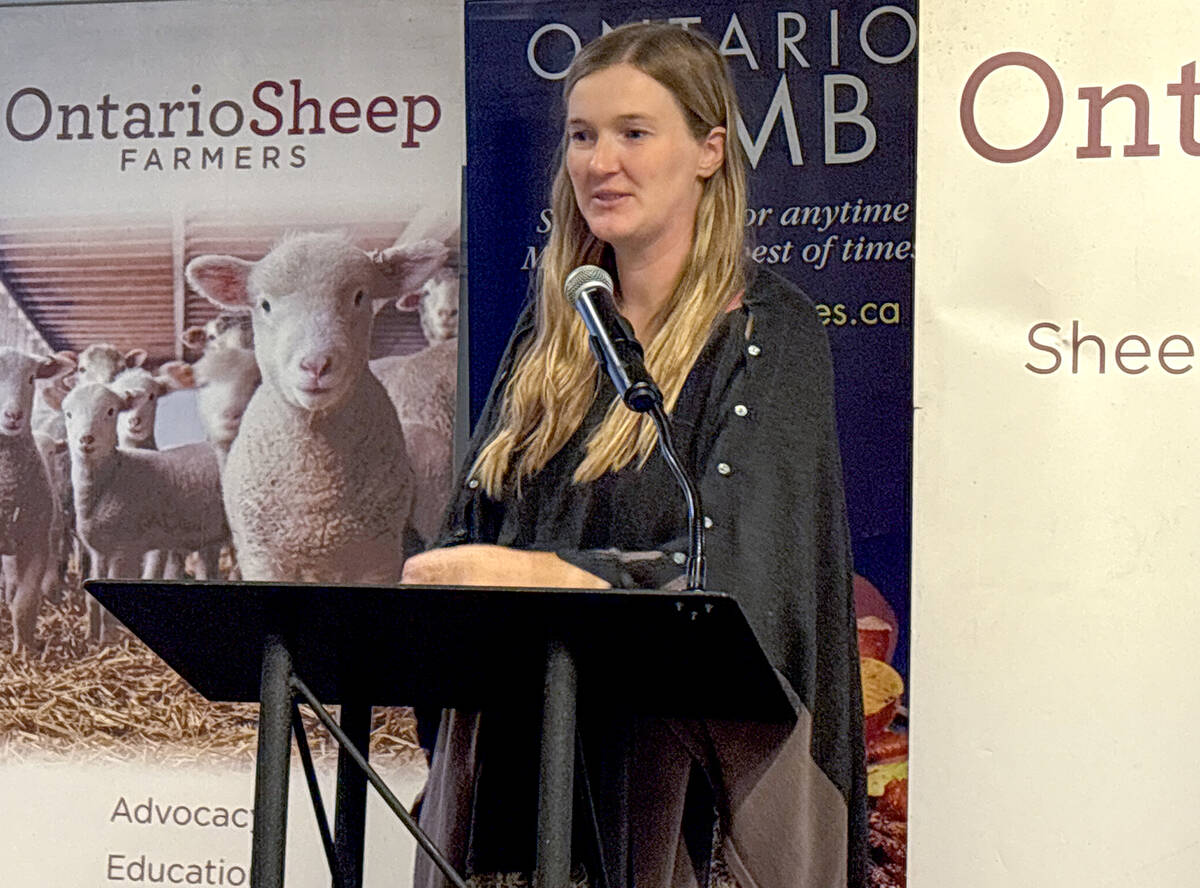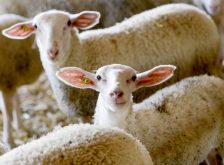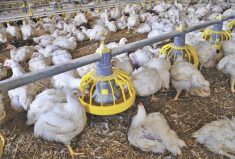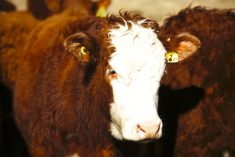The Canadian Food Inspection Agency is seeking comment on its proposed amendments to livestock identification and traceability regulations.
The regulatory proposal would address what the agency calls “gaps” in the current system, including:
- adding goats and cervids as animal species that share diseases with other regulated livestock, and therefore subject to traceability requirements;
- shortening the time period allowed to report an event to better support an efficient response to disease outbreaks;
- adding a requirement to provide information about the geographical location of sites where animals are located; and
- requiring the reporting of domestic movements of livestock.
CFIA is asking producers who own sheep, goats, pigs, cattle, bison or farmed cervids or are involved with livestock production or handling, to share their feedback during the consultation period, which runs to June 16.
Some affected livestock groups are already making moves in anticipation of the new rules.
Read Also

Footflats Farm recognized with Ontario Sheep Farmers’ DLF Pasture Award
Gayla Bonham-Carter and Scott Bade, of Footflats Farm, win the Ontario Sheep Farmers’ 2025 DLF Ontario Pasture Award for their pasture management and strategies to maximize production per acre.
The Canadian Sheep Federation AgroLedger, a digital traceability program, launched a pilot program in July 2022 for early adopters before its sector-wide release.
The CFS-funded program was made available at no cost to Canadian sheep producers to bring them in line with the government regulatory amendments.
“We understand that all the users, farmers included, are going to face a lot more work in terms of meeting regulations. The ultimate goal here is to make that easier, less complex, less work wherever possible for producers,” said sheep federation executive director Corlena Patterson at the time.














